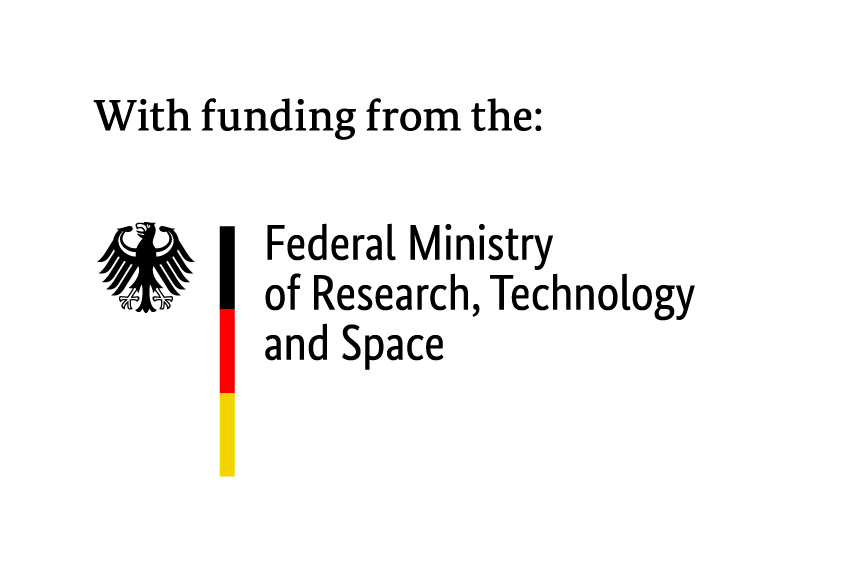Motivation
To promote the integration of acutely and chronically ill schoolchildren, the use of mobile robots as avatars in schools offers a promising approach. Through the possibility of interactions and information gathering using sensors, robots offer many advantages but can also compromise privacy on various levels. This includes the privacy of present classmates and teachers as well as that of the sick child at home. Therefore, the acceptance of robot use strongly depends on the timely clarification of these privacy-related issues.
Goals and Approach
The project "Privacy-friendly mobile avatar for sick schoolchildren" (PRIVATAR) aims to provide user-friendly solutions to protect the privacy of affected groups such as schoolchildren, teachers, and parents when using mobile robots. To this end, researchers are developing novel technical interaction solutions that initially inform users about the collection of their personal data. Building on this, users can better control their privacy through settings according to their individual preferences. The focus is on simple handling for users to manage various dimensions of privacy. Simultaneously, the project will explore how the functionality of the robots can be maintained with less data, for example, by reducing the number of sensors used. Specifically, the project aims to develop and evaluate requirements for data-efficient, robot-mediated participation of sick children in school life.
Innovations and Perspectives
The project initiators address a very sensitive area by exploring the possibilities of telepresence for sick children in the school context. The endeavor is socially relevant and simultaneously complex due to its sociotechnical interaction constellation. Within the project, various and sometimes conflicting privacy requirements are considered to ensure sovereign information control for all participants. By aiming to design robots and their interactions to be data-efficient, the project results possess an expanded market potential that goes significantly beyond school-related applications. Therefore, the project can make an essential contribution to the future development of data-efficient robots for various application areas.
To strengthen the privacy of every individual as well as our democratic society as a whole, we need research and innovation in IT security. Digital technologies offer many possibilities for control and surveillance, thereby posing a potential threat to our informational self-determination. IT security can enable people to have control, self-determination, and sovereignty over their data.
With the Privacy Platform, the BMBF intends to analyze and understand current societal issues driven by digitalization in order to highlight alternative development approaches that safeguard European values and the fundamental rights of citizens, particularly with regard to privacy and secure data usage.







